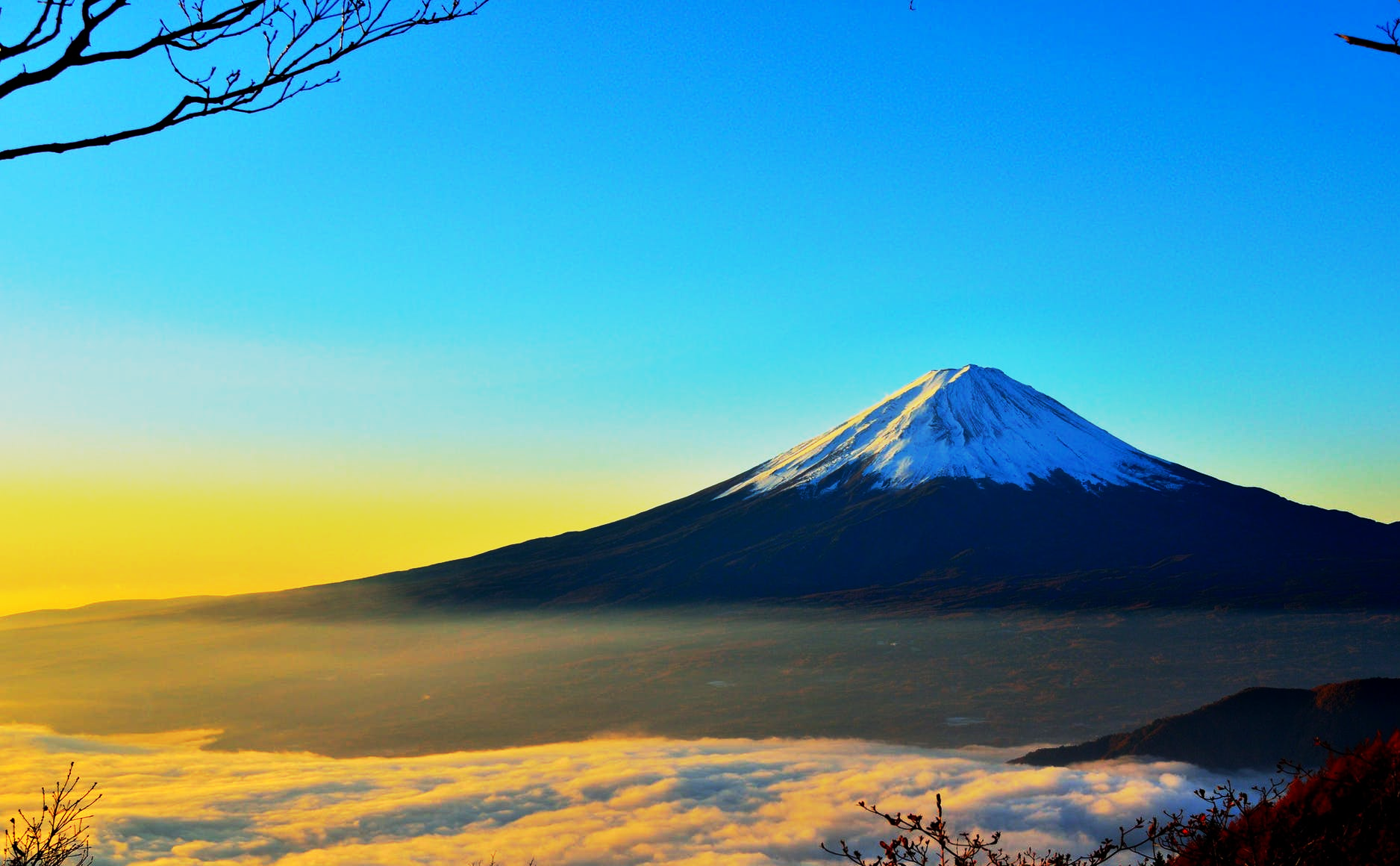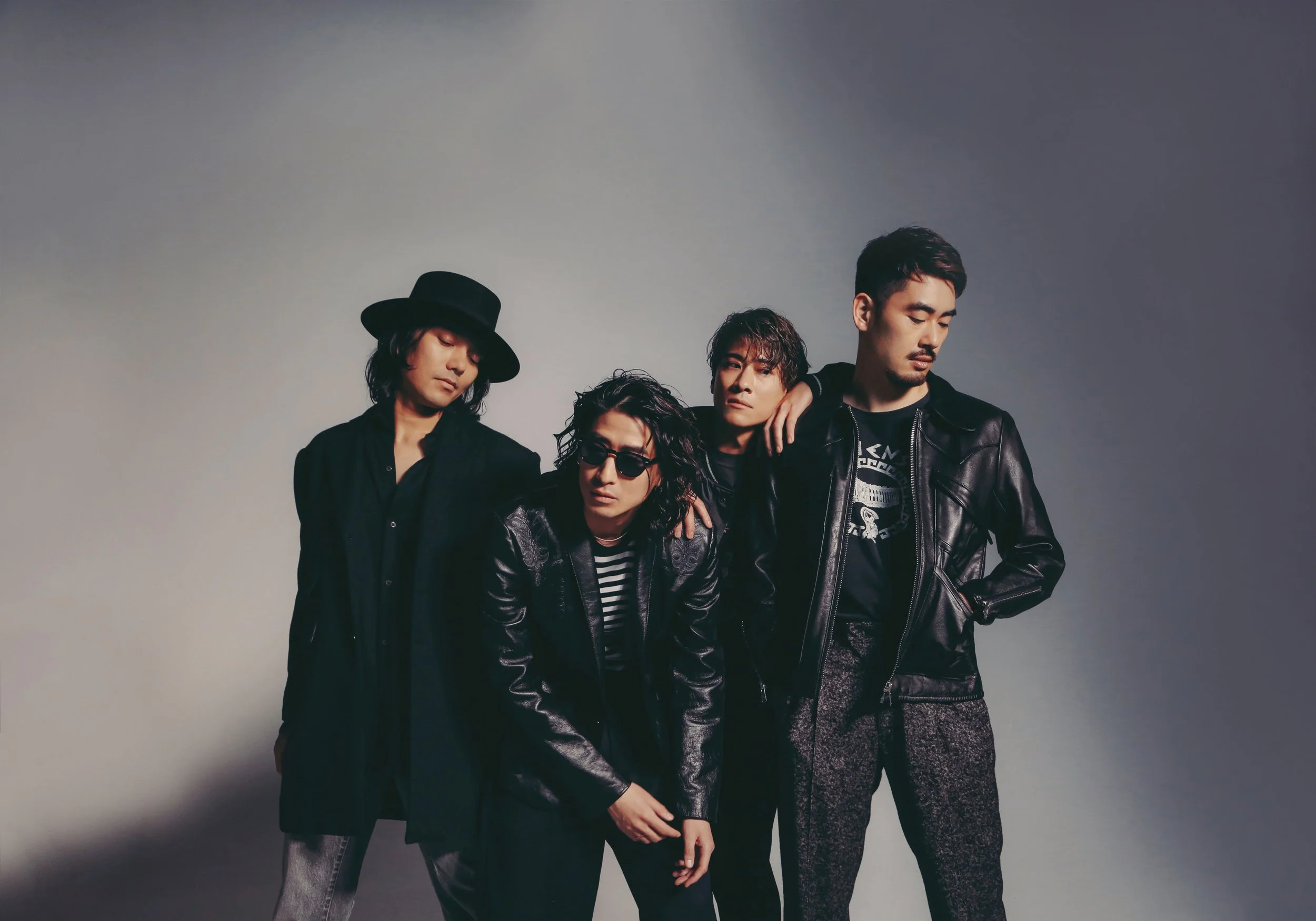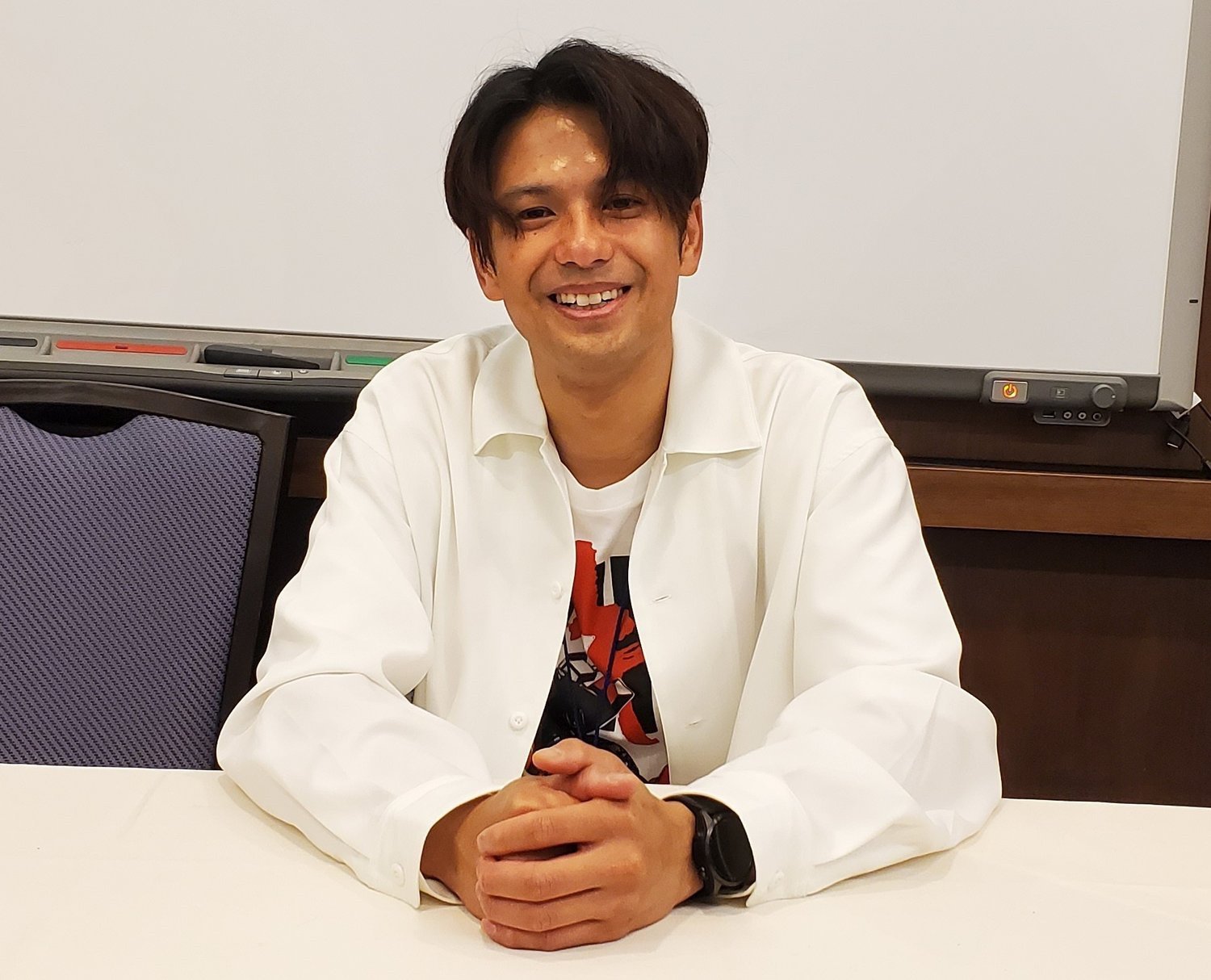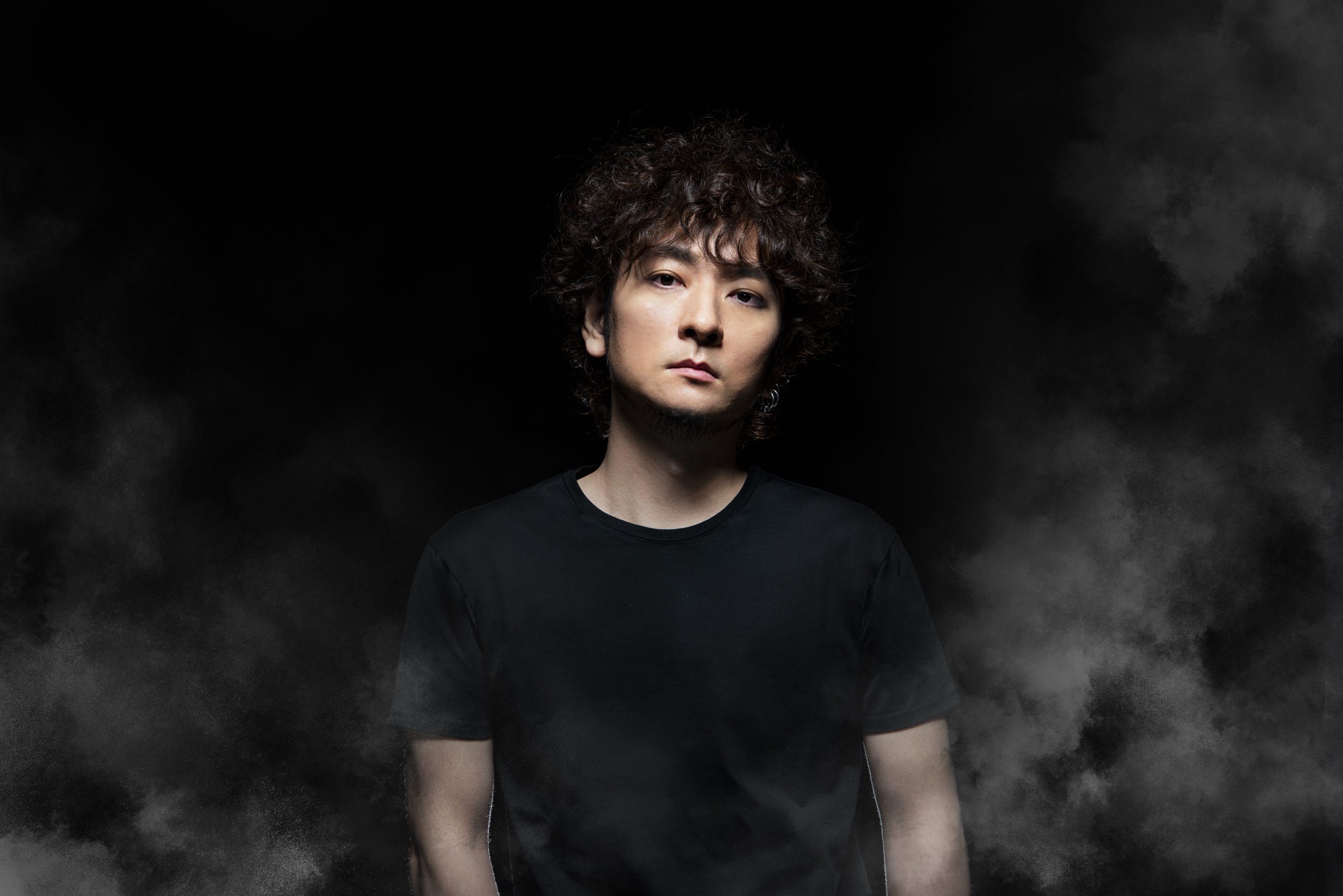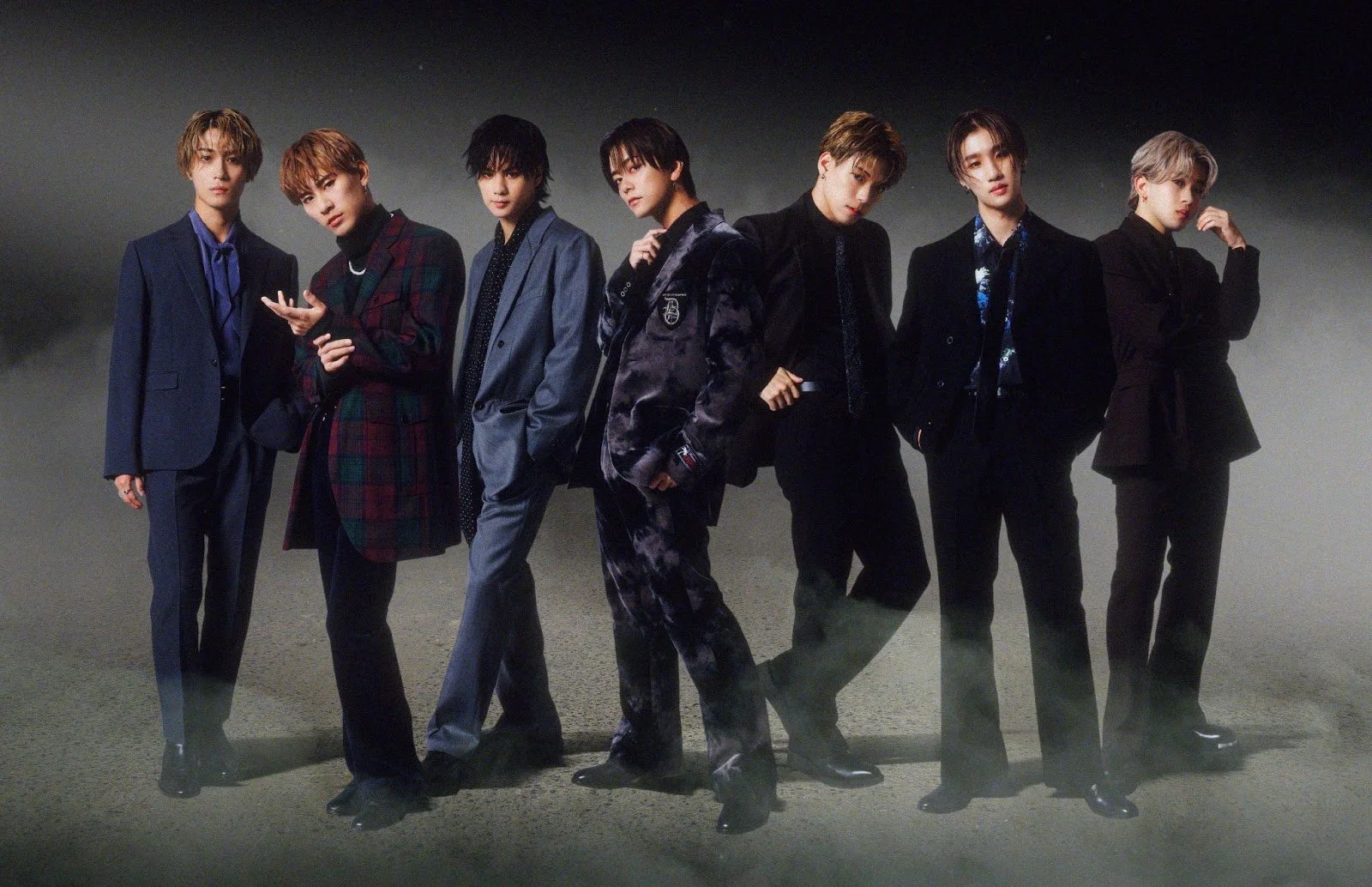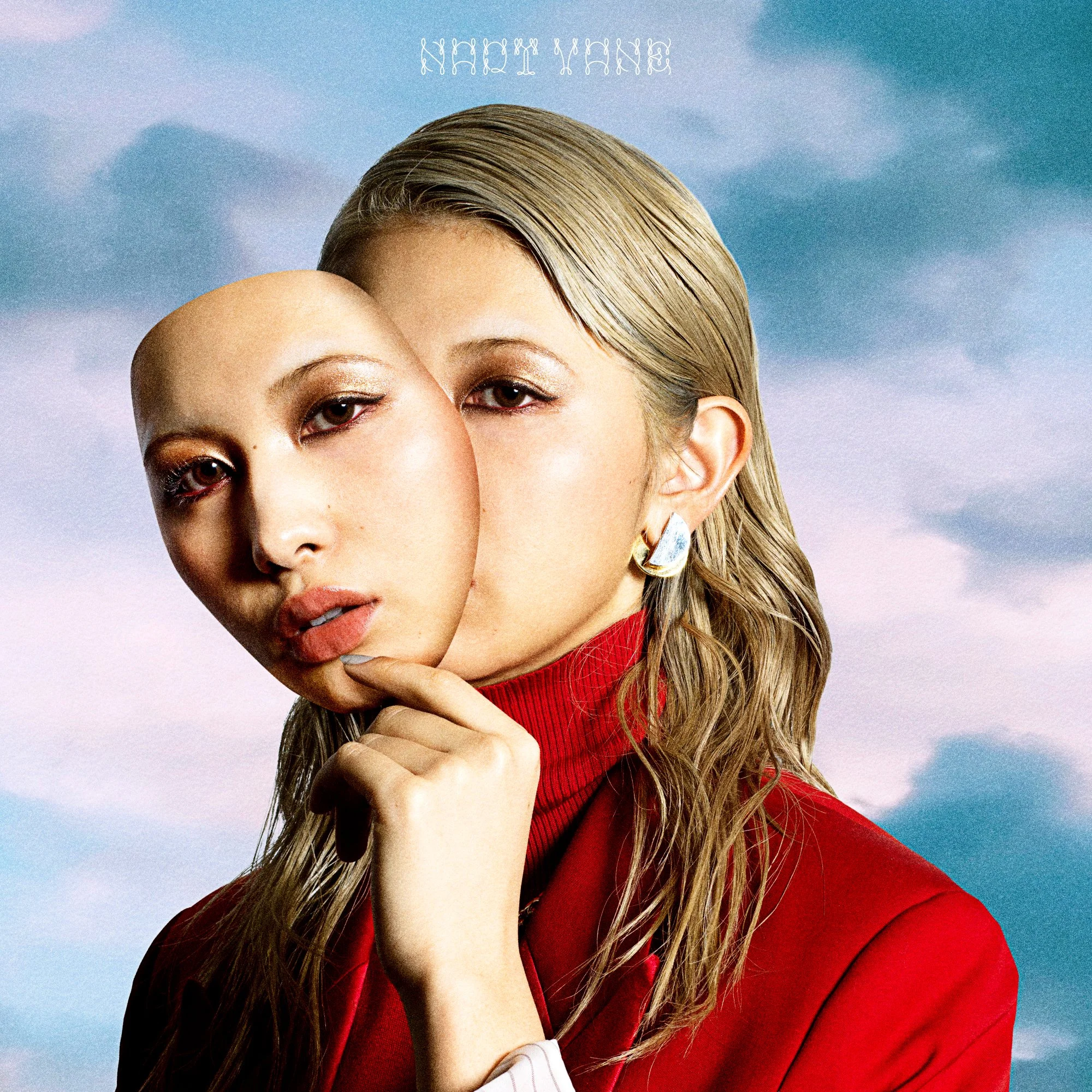Interview: tricot
/tricot is a four-member co-ed alternative rock band formed in the historical and cultural city of Kyoto on Sep 1, 2010. They started to expand their career in Asia, Europe, and North America in 2014 and 2015. The band developed an unusual and distinctive sound featuring harmonization of pop and emotional vocals with that complex rhythm uniquely enjoyed by both fans and first-timers alike. tricot stars Hiromi Hirohiro on bass and chorus, Ikkyu Nakajima on vocals and guitar, Motifour Kida on guitar and chorus, and Yuusuke Yoshida on drums.
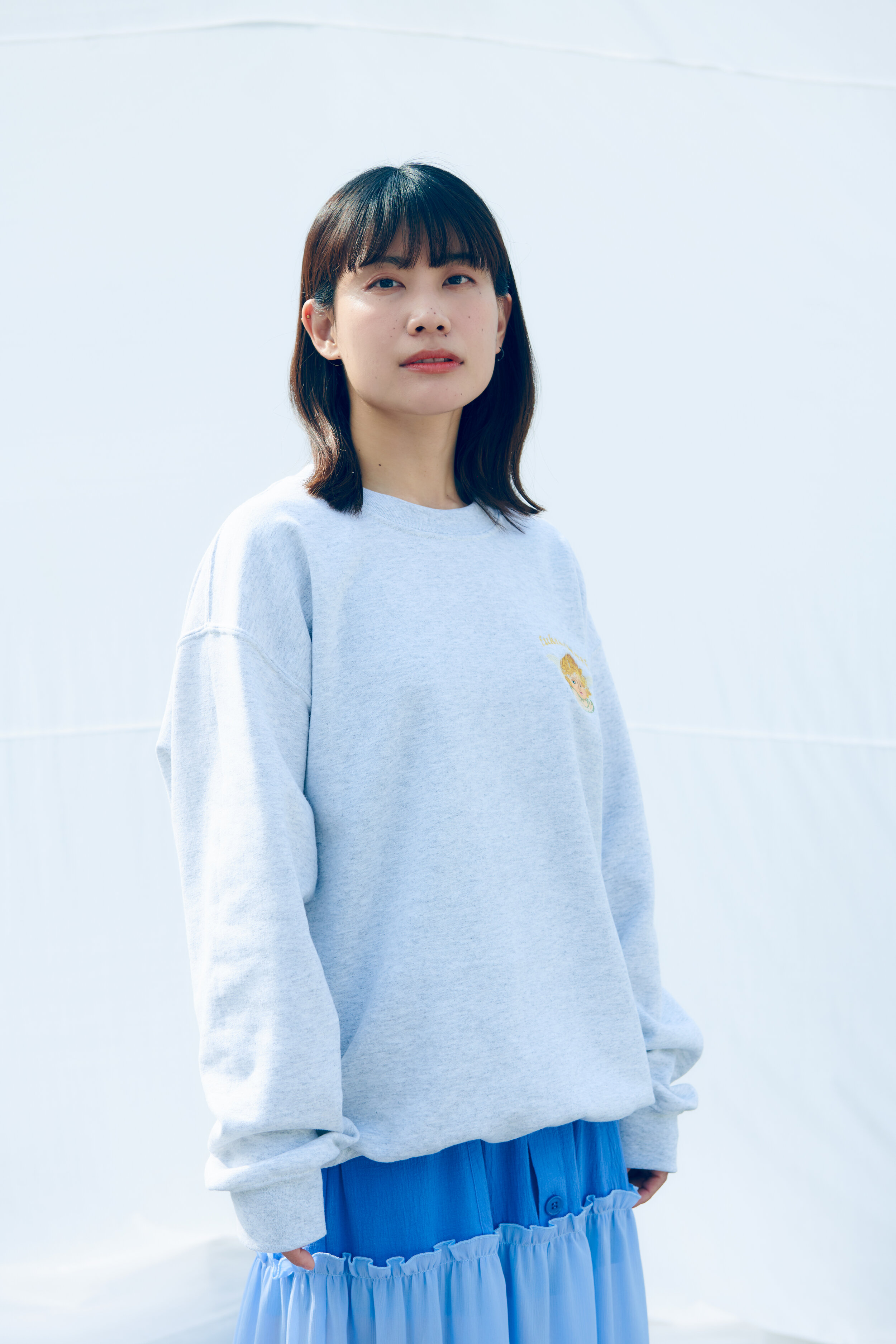
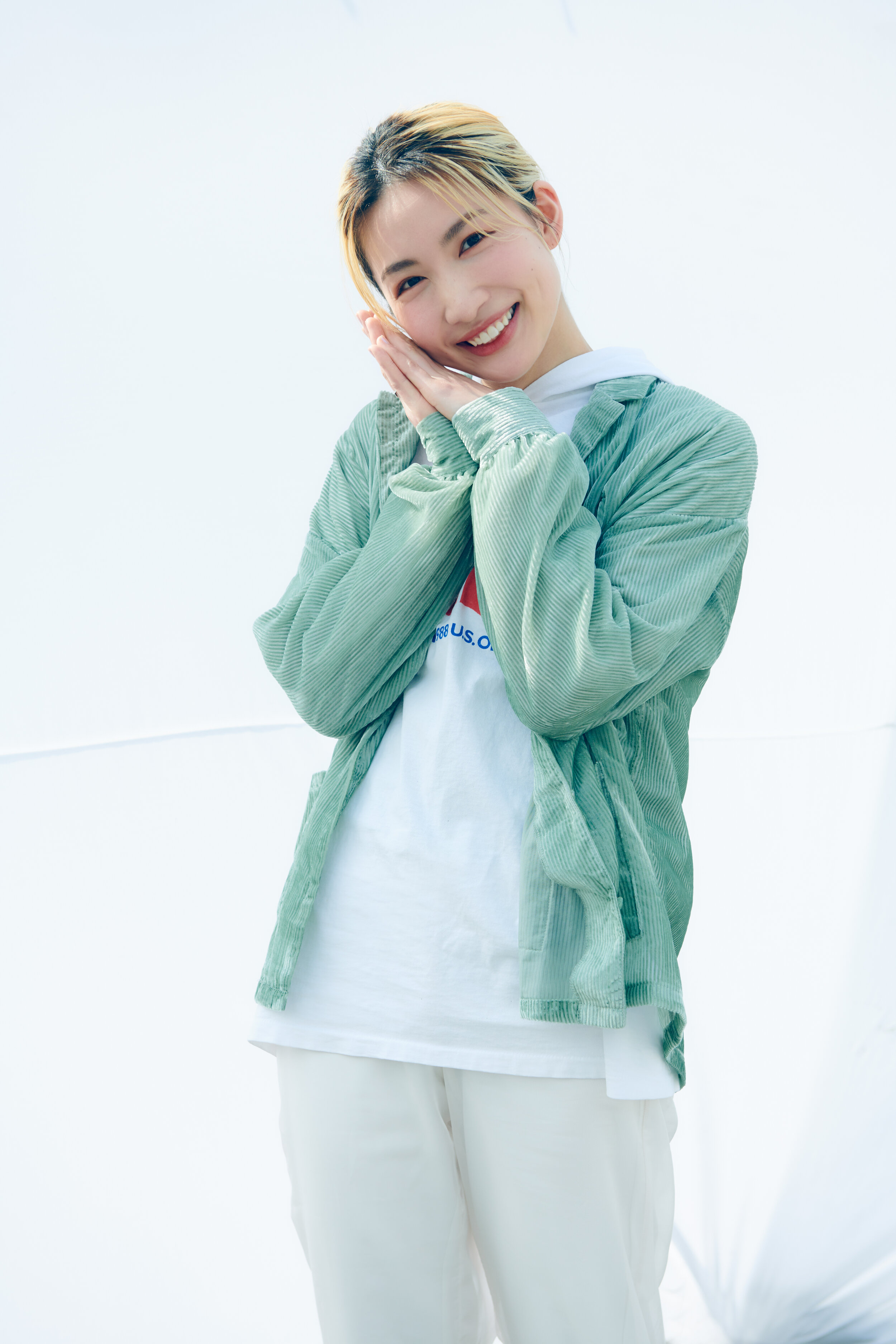
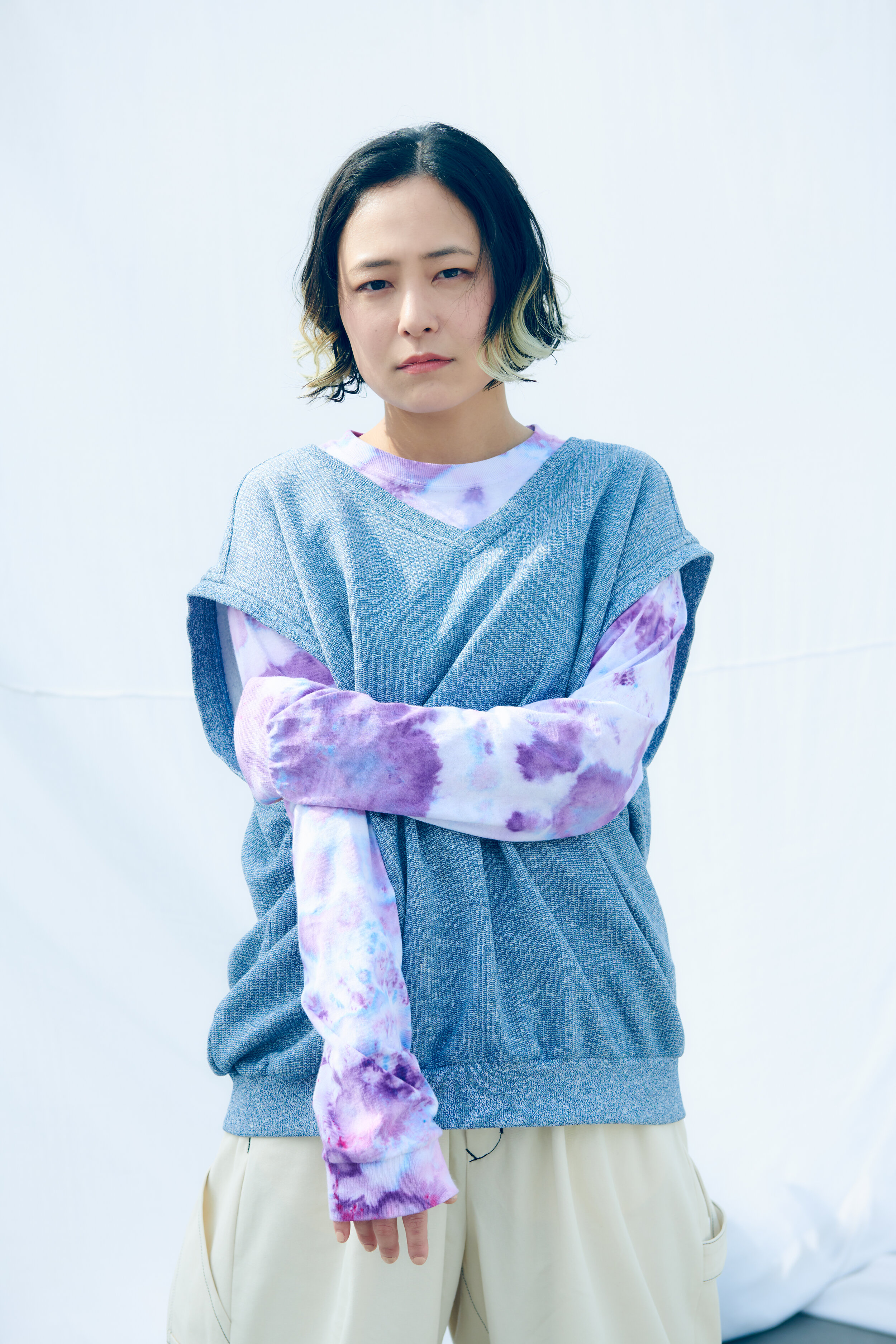
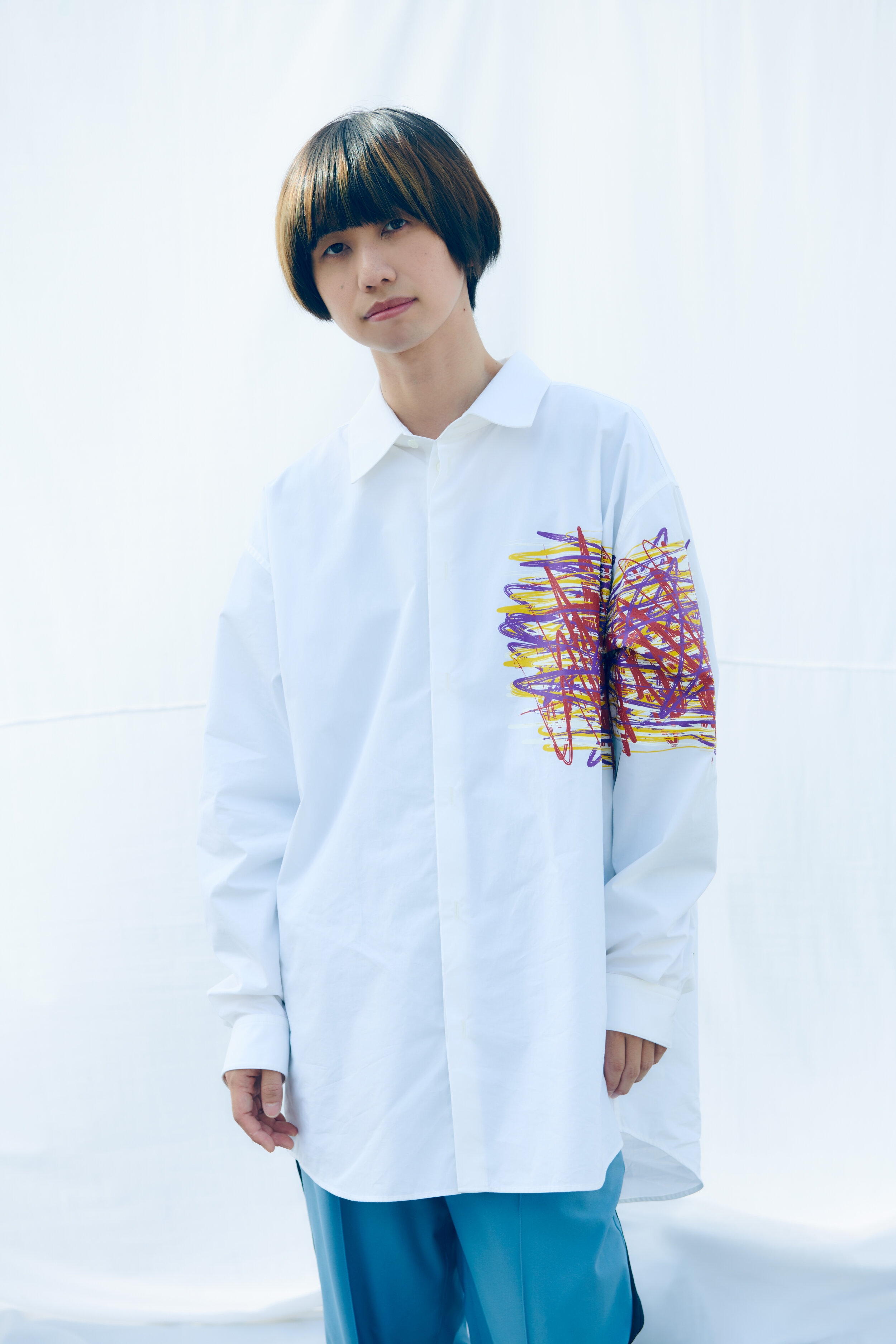
Ken: First of all, thank you so much for letting us conduct this interview. We are big fans and love what you bring to the Japanese music industry.
Tricot: Thank you very much for having us!
Ken: Do you have a process or certain mindset when creating your songs? If so, would you like to share that process?
Ikkyu: First is to enjoy the whole process of music creation from start to finish!
Yoshida: Based on the ideas and knowledge gained from various wonderful music in the past, we try to create new ideas by combining them in various ways.
“…I think I was able to capture the song from a bird's-eye view more than usual.”
Ken: How did the pandemic affect the way you approach your beats and composition for your music?
Kida: The percentage of work that we usually have done in the studio for writing sessions for songs had decreased, and we had to switched to a process of data exchange. Eventually, we arrange it in a studio session, but I think that the time before to formulate has increased, and we think about the overall composition and face the songs more objectively than before.
Hiromi: It was difficult to meet the members so I had started to send demos to the other members on a PC instead of a session in the studio and had to compose remotely. So I think I was able to capture the song from a bird's-eye view more than usual.
Ken: What song(s) had an impact on you growing up?
Ikkyu : If you are asking about a tricot song, “Ochansensu-Su” is very free, unique, and I like it. After that, I peeled it off with “potage” and felt like it became a new tricot.
Yoshida: Snarky Puppy and Metropole Orkest's "The Curtain". It's a big band and its music is not bound by any genre, but it's amazing that it has a solid sense of genre and is well organized.
Ken: What are some challenges you have faced as an artist? How have you overcome them?
Ikkyu : In our indie era, even if there was a response that a song that was well received was made, there was almost no place for people that were fans to find it, so there was no choice but to send it on social media sites. In many cases it was released without any notice that it was released. Now I am fortunate enough to meet good, understanding people and collaborators, and I think I have more opportunities to get to know them than before.
Kida: I think it became difficult to hold a live performance for our audience due to the ongoing pandemic, and it became difficult to directly feel the reaction and the energy off of them. Among them, we sought a new way to enjoy live performances with a different way of showing, such as delivering live performances with no audience and holding concept shows.
Ken: Which artist would you say is your biggest inspiration? Also are there any international artists who inspire you guys as well?
Yoshida: As I stated before, the band Snarky Puppy was a big inspiration, as their music is not bound by genre, but it's amazing that it has a solid sense of genre and is well organized.
Ikkyu: The four-member rock band Number Girl. I think that the overall image of tricot's songs contains the genes of Number Girl, which had a great influence on Kida and Hiromi. I think my melody is mainly influenced by J-POP.
As for an overseas artist, the four-member Californian rock band chon who took us on a tour of the United States almost everyday for about a month. We got to watch live concerts of them everyday, so I think we got a lot of inspiration from them.
“…I read the original story and the materials I received carefully, and I thought, "I want to say this", not only at the top of the story but also in my own way.”
Ken: When writing “INAI” what was the inspiration and thought process behind composing and writing such a track?
Ikkyu: This time I wrote it as the insert song for the drama Haru no Noroi, so I read the original story and the materials I received carefully, and I thought, "I want to say this", not only at the top of the story but also in my own way. I made the thing into lyrics and the melody was conscious of its catchiness so that it could be conveyed even more.
Kida: It's an insert song for a drama, so I combined the chords while considering the balance between the disturbing sound that closely matches the content of the drama and the addictiveness and catchiness that makes me want to listen to it over and over again.
Ken: As your band has been abroad several times for tours, are there any funny stories that you’re able to talk about?
Yoshida: I was on a diet that was difficult to do in Japan and I had eaten only meat, so by the time I returned to Japan my body fat had dropped so much that I was a little macho.
Hiromi: When we went on a European tour, I unfortunately forgot the location, but it was interesting. One of the audience members during the tricot live got excited and we brought them up onstage to start dancing during a performance.
Ken: We love the designs of several of your goods. Between the four of you, which one was your favorite? In addition, for Ikkyu Nakajima, which one was your favorite to design?
Hiromi: The Wan-san pouch is cute and convenient, so I've always liked it. Another thing is the fried rice plate we put out a while ago has a cute design and I often use it at home.
Kida: I like the cute design of the goods featuring the hair part of the hairy character that appears in the "Black" music video. Along with various sweatshirts and knit caps.
As for goods that weren’t designed by Ikkyu Nakajima, I like the ones that have a clean and simple design with little waste, such as a Straight logo type of goods and such.
Ken: As all of your albums have such a distinct sound, how do you go about creating and placing the songs on your albums?
Ikkyu: Basically, I don't decide on the theme of the album before starting the production of it, and from that process we would record more and more songs. Then they are arranged in the order that makes us the most excited.
Ken: For international fans, how they usually find out about J-pop is through anime. Do you guys watch anime, and if so, which would you say is your favorite?
Yoshida: I like the series Penguindrum and Gurren Lagann. Penguindrum is so amazing and the character’s behavior and wording are so wonderful that really I admire it. The story is also great and I hope that everyone is able to watch it!
Hiromi: Recently I was addicted to Attack on Titan and watched the entire series all at once. I also had read the manga, but anime is also very wonderful.
Ken: Is there a venue that you performed at that you’ll never forget? Also, is there a dream venue that you would like to perform at?
Kida: The stage at POHODA FESTIVAL in Slovakia left an impression on me. It was the first festival in the country I went to for the first time, so the audience was sparse at first, but I was happy that when the live started and the people who listened to the sound had gathered. Also, I would like to perform again at the House of Blues that we performed at when we participated in the SUPER CHON BROS TOUR before, this time as a headliner instead of the opening act.
Hiromi: The atmosphere at the Pohoda Festival in Slovakia was wonderful and I enjoyed it both as a performer and as a guest. I also want to appear at Coachella sometime in the near future.
Ken: What track(s) is your favorite to perform live and why?
Kida: It would have to be "potage". I like the pacing of the track and it feels good to play while the amount of crowd energy increases from the first gentle tune to the end.
Ken: Who is the one artist you would love to work with in the future?
Ikkyu: The idea of collaborating with the American duo tUnE-yArDs is interesting. I also love System Of A Down so working with them would be fun also!
“…It would be interesting if there were a scene where we were playing insanely or violently to match [“MATSURI”].”
Ken: What song have you created that you wish had a music video? What type of music video would you film?
Hiromi: With the song “MATSURI”, I think it would be interesting if there was a scene where we were playing insanely or violently to match this track. Or if there was a music video that shows us playing with all our might.
Ken: Lastly, do you have a message for your international fans?
Kida: Since the lyrics are in Japanese, most of the content may not be conveyed, but I would be very happy if you enjoyed the melody and composition of each instrument. See you again!
Yoshida : It’s currently difficult to go abroad but we are doing a lot of production activities, so I'd be happy if you could enjoy the upcoming releases. I'm looking forward to seeing you guys live again soon!
Hiromi: I'm very sad because it's difficult to go abroad now but I'm looking forward to the day when I can go again, so I'm glad if you can check all the prior releases of tricot!
Ikkyu: I'm proud to hear that our songs are well received, even if the culture and language of the country we live in is different! I would like to continue to deliver exciting songs from Japan so that you can enjoy them even if you can't go to see them.
Ken: Once again, thank you so much for taking time out of your busy schedules. We look forward to your upcoming releases!
Tricot: Thank you very much for having us, it was a lot of fun!
Be sure to check out their Official Website, Twitter, and Instagram!
